Limited abortions, contraception and maternity care: Welcome to Trump's new world order for women
His cabinet is unsympathetic, at best, when it comes to issues affecting women.
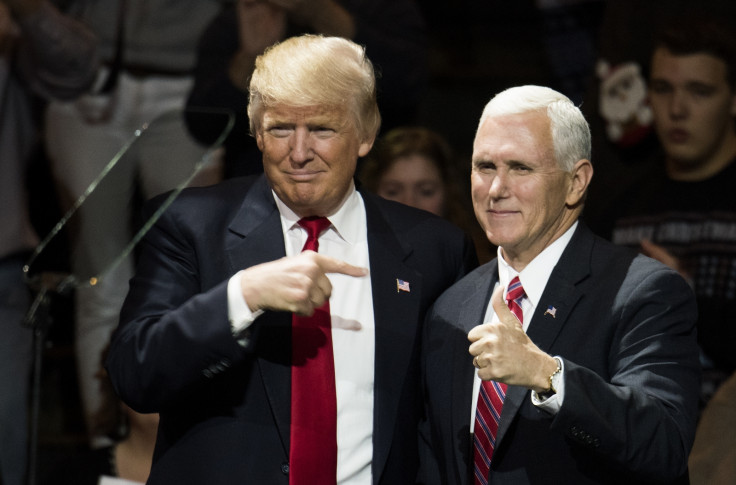
"I'm going to be really good for women," Donald Trump said in his Super Tuesday speech last March. "I'm going to be good for women's health issues."
To the contrary, much of the president-elect's rhetoric during his election campaign has denigrated women. From bragging about sexually assaulting women to vowing to remove their reproductive rights, many American women now fear for their future under a Trump administration – so much so that thousands of women will protest in Washington, DC the day after he is formally inaugurated.
Now, Trump's inner circle is shaping up to be particularly unsympathetic when it comes to issues affecting women, including abortion access, healthcare and tackling gender-based violence.
"Along with many human rights organisations, we have serious concerns about some of the nominations that president-elect Trump has chosen for his senior government posts," says Shelby Quast, Americas Director of the human-rights organisation Equality Now.
"Nominees such as Jeff Sessions, Steve Bannon and Tom Price have track records that raise serious concerns about their views on women's rights," she says. "These nominees are being put forward for senior government roles that require them to pursue the advancement of civil rights, justice and healthcare for women but their previous actions raise real concerns around whether they will do that."
Here are some of the key issues to consider.
Abortion
Trump has been outspoken about his opposition to abortion, except in cases of rape, incest and when the mother's health is in danger. He has threatened to defund Planned Parenthood and said women who have terminations should face legal punishment, although he later backtracked.
His stance on abortion is shared by many members of his cabinet, if not all. Trump's vice-president Mike Pence, who signed every anti-abortion bill that touched his desk as governor of Indiana, supported a law so extreme it was rejected by pro-life Republicans. If passed, it would have forced women to seek funerary services for a foetus, regardless of whether she had had an abortion or a miscarriage.
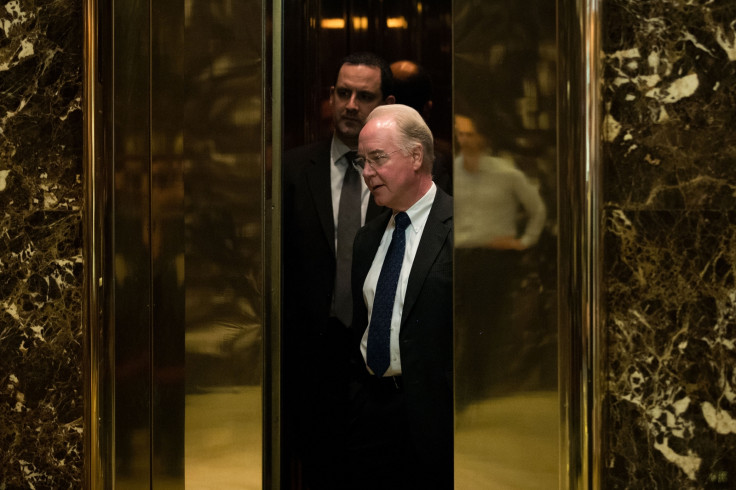
Tom Price, the new health and human service secretary, voted against abortion rights six times last year. The president-elect's choice for CIA director, evangelical Christian Mike Pompeo, is also strictly anti-abortion, except in cases in which the mother's life is in danger.
Alabama senator Jeff Sessions, who has been nominated as attorney general, was forced to defend a career blighted by allegations of racism and bigotry in a confirmation hearing earlier this month. One of Trump's most contentious selections, he has consistently voted against abortion rights in the Senate and told the hearing that although he believed Roe vs Wade violated the constitution, he would defend it. If approved, he would oversee the enforcement of civil rights in America.
Healthcare
Obamacare, or the Affordable Care Act, has changed landscape for women's access to affordable healthcare, perhaps most notably, in its inclusion of maternity care as one of the 10 essential health benefits. It also provides access to regular screenings such as mammograms to protect against cancer, ensures health insurers provide coverage for contraception and expanded Medicaid to cover more people living in poverty. For the 16.9 million women living in poverty in the US, affordable healthcare is more than just a benefit – it's a lifeline. Obamacare is set to be repealed under Trump.
Before the the law was introduced, women were generally charged higher rates for health insurance than men on the individual market. This inequality vanished under Affordable Care Act, which prevents insurers from charging women more than men for the same services.
Several of Trump's nominations have voted in Congress against requiring employers to provide healthcare plans that include contraception, including Price, Pompeo and Sessions.
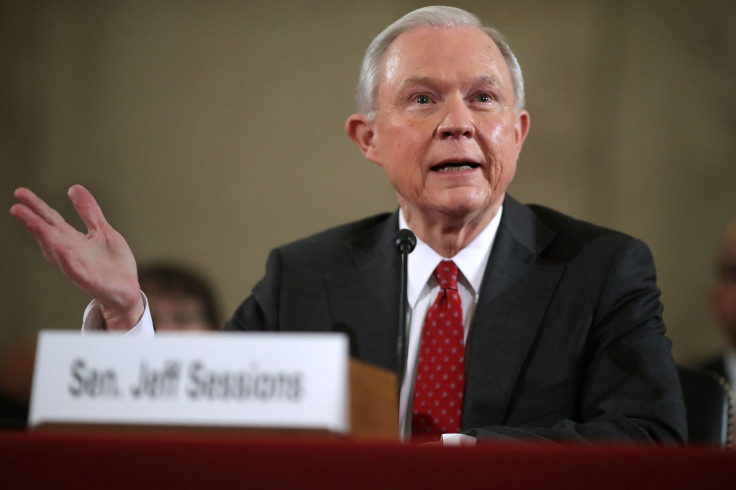
It remains to be seen whether Planned Parenthood would survive a Trump presidency – but any withdrawal of funding will have severe implications for women. The group not only provides abortion services, but also provides breast and cervical cancer care, HIV testing, and sex and relationships advice – the latter of which is key to preventing violence against women.
The disastrous impact of closing Planned Parenthood clinics has already been seen. Pregnancy-related deaths in Texas doubled after the state slashed funding for Planned Parenthood and other women's health programmes in 2011, according to a study in the journal Obstetrics and Gynecology.
Under Pence's Indiana governorship, public-health spending cuts and his moral opposition to needle exchanges led to the biggest HIV outbreak in the state's history. The closure of a Planned Parenthood clinic in Scott County, the county's only HIV testing centre, left nowhere for the region's 24,000 residents to get tested. At the height of the outbreak in 2015, 20 new cases were being reported every week.
Violence against women
After a tape emerged in October 2016 of Trump bragging about grabbing women "by the pussy" – which the president-elect swiftly dismissed as "locker-room" talk – Trump supporters went to great lengths to dismiss his comments. Speaking to the Weekly Standard, Sessions said he didn't "know what it meant" when Trump said he could grope a woman's genitals because he was famous.
"I don't characterise that as sexual assault," said Sessions, who was the first sitting senator to endorse Trump. "I think that's a stretch. I don't know what he meant." Sessions changed his mind in his January hearing, stating that grabbing a woman by her genitals was "clearly" assault.
Both Price and Pompeo voted against re-authorising the Violence Against Women Act in 2013, which funds shelters and services for victims of domestic violence. Although the law passed, a handful of Republicans voted against it, allegedly because of the protections it extended to LGBT people.
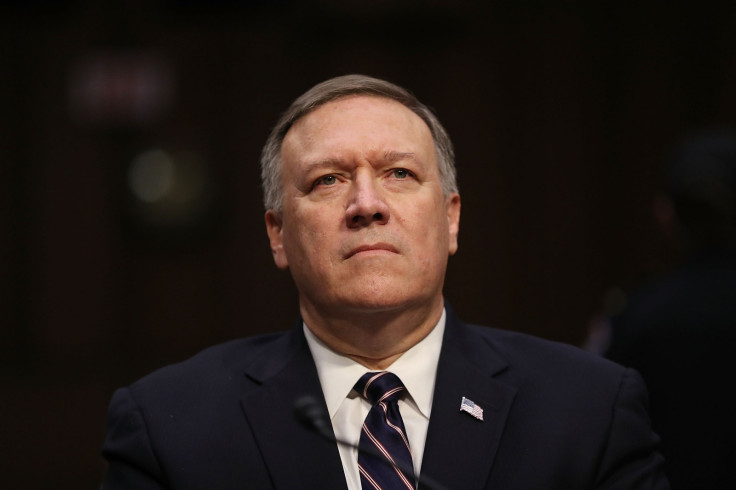
Equal pay/minimum wage
Sessions also voted time and again against raising the minimum wage, a change that would by and large benefit women. He also opposed the Paycheck Fairness Act, which would have strengthened federal equal pay laws for women. The act was also opposed by Trump's transportation secretary Elaine Chao.
Price voted against the Lilly Ledbetter Fair Pay Act, signed into law by Obama in 2009, which extended the statute of limitations to allow women to sue for pay discrimination.
Transgender women's rights
A key threat comes from Pence, who as Indiana governor signed the 2015 Religious Freedom Restoration Act that was largely interpreted as state-sanctioned discrimination against LGBT people. In 2016, he rejected the Obama administration's directive on transgender bathroom reforms.
For the estimated 1.4 million Americans that identify as transgender, access to healthcare has improved exponentially – but many are now frightened their access would gradually be limited under Trump's administration. Obamacare currently prohibits discrimination based on gender identity, transgender status or gender stereotypes and it is unknown whether these protections will be guaranteed under any replacement laws.
Childcare
It isn't all bad news. In September, Trump unveiled his daughter's proposals for childcare, which include six paid weeks of maternity leave (the law currently only provides for unpaid leave) and expanded tax credits for childcare.
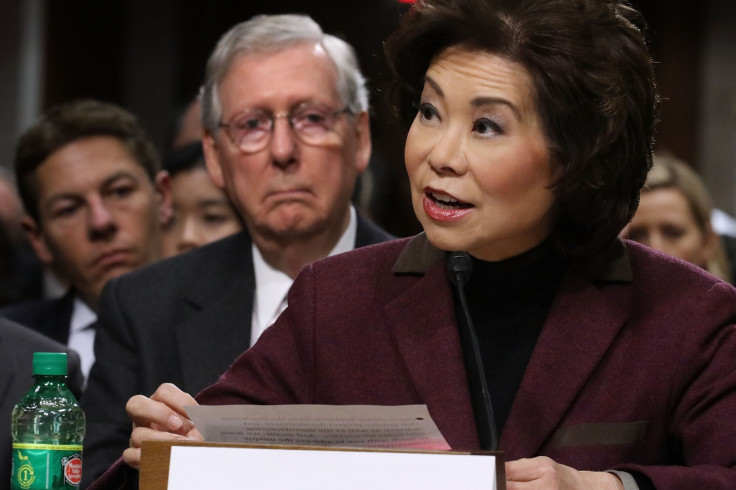
"I've said throughout the campaign that I am very passionate about certain issues," Ivanka Trump said in a CBS interview several days after her father won the election. "And I want to fight for them. Wage equality, childcare. These are things that are very important for me."
There are some pitfalls, however. Trump's plans exclude men and same-sex fathers, who won't receive paid paternity leave. Critics have pointed out that the childcare credits are too small and only beneficial to higher-income families.
Sexist comments
Stephen Bannon, appointed chief strategist by Trump, famously served as the editor of Breitbart, a far-right website that openly ridicules feminism. Bannon's background and reputation is marred by accusations of racism, xenophobia, anti-Semitism and sexual harassment.
Theorising as to why progressive women denounce conservative women in a 2011 interview, Bannon said: "That's why there are some unintended consequences of the women's liberation movement. That, in fact, the women that would lead this country would be pro-family, they would have husbands, they would love their children. They wouldn't be a bunch of dykes that came from the Seven Sisters schools up in New England. That drives the left insane and that's why they hate these women."
According to a lawsuit obtained by the New York Post, Bannon fired a mother with multiple sclerosis while she was on maternity leave. The case was settled in 2006.
Bannon opened the door to Milo Yiannopoulos, whose headlines have included: 'The Solution To Online "Harassment" Is Simple: Women Should Log Off', 'There's No Hiring Bias Against Women In Tech, They Just Suck At Interviews' and 'Planned Parenthood's Body Count Under Cecile Richards Is Up to Half a Holocaust'.
© Copyright IBTimes 2025. All rights reserved.






















